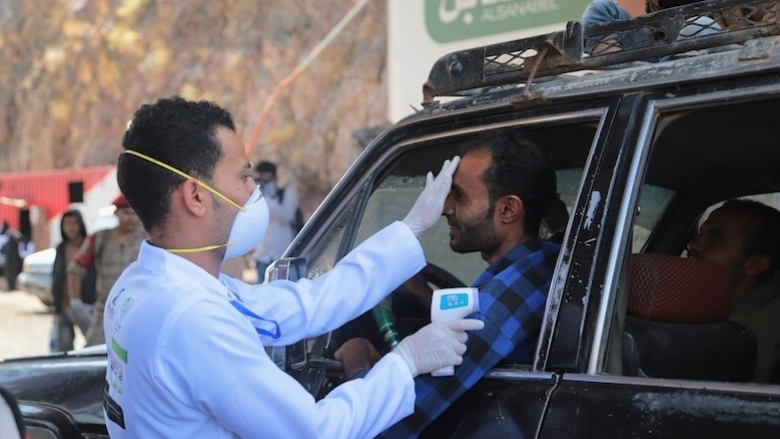An unprecedented humanitarian crisis, now aggravated by COVID-19, persists, leaving many Yemenis dependent on relief and remittances. Economic conditions are deteriorating rapidly, driven by a drop in oil exports, downsizing of humanitarian support, and devastating torrential rains and flash floods. Fragmentation of macroeconomic policies add further strains on the fragile economic conditions, with serious humanitarian consequences.
Violent conflict has entered its sixth year, and Yemen continues to face an unprecedented humanitarian, social and economic crisis. Socio-economic conditions deteriorated further in 2020, affected by low global oil prices, the economic fallout of COVID-19, and weak public infrastructure and coping capacity to deal with extreme climate events/natural disasters. Distortions created by the fragmentation of institutional capacity (especially of the Central Bank of Yemen, CBY) and the divergent policy decisions between the areas of control, have further compounded the economic and humanitarian crisis, from protracted conflict, interruption of basic services, and acute shortages of basic inputs, including fuel.
Economic and social prospects for the remainder of 2020 and beyond are highly uncertain. A gradual recovery of global oil prices would help ease the strain on public finances governorates under the IRG and reduce the recourse to central bank financing. However, with ongoing political and security situations, socio-economic conditions will remain difficult. Urgent progress to address the current restrictions of access to supplies and fuel imports through Hodeidah would improve the provision of public services and the operational environment for humanitarian operations.
